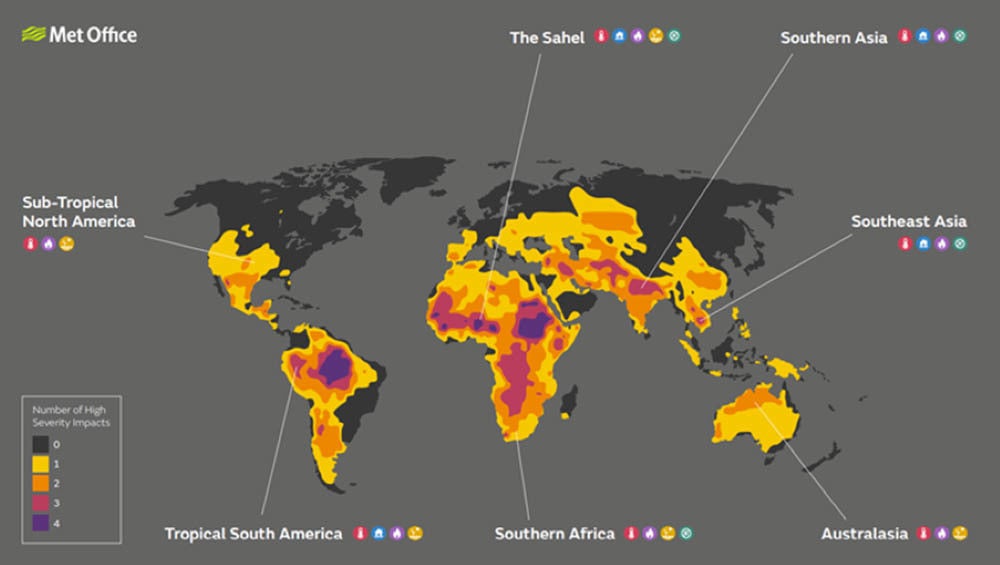CO2 emission risks to US society higher than previously estimated
The social cost of CO2 estimation methodology used by the US federal government may be outdated
The cost of damages to society caused by increases in CO2 emissions may be nearly four times higher than previously estimated, new research suggests.
The current US government value for the social cost of carbon is US$51 per additional metric tonne of CO2 emissions, whereas the new estimate is US$185 per tonne of CO2, according to a new paper in Nature.
The paper reads: “These higher values increase the expected benefits of greenhouse gas mitigation strategies and could inform a wide range of climate policies worldwide.”
The social cost of CO2 aims to put a price on the negative consequences of CO2 emissions. This measure is useful when working out the net benefit of greenhouse gas emission policies, calculated as the difference between the economic cost of emissions reduction and the value of the damages that are prevented by such mitigation strategies.
However, reports have suggested that the social cost of CO2 estimation methodology used by the US federal government may be outdated, potentially failing to keep up with recent advances in climate, economic and demographic sciences.

A newly created model for quantifying the costs and benefits of emission mitigation strategies, presented by David Anthoff and colleagues at the University of California, Berkeley, substantially increases the estimated social cost of CO2.
The model uses novel components for each step of the social cost of CO2 estimation process, including improved socioeconomic projections, climate models, climate impact assessments and economic discounting (a projection of future costs relative to current values).
The authors suggest that their approach could be used for the ongoing estimations of the social cost of CO2 and could also be used to estimate the social cost of other greenhouse gas emissions.
They note that the model does not account for other measures of climate damages, such as climate-driven migration, conflict, or loss of cultural heritage.
However, the higher value of US$185 per tonne of CO2, relative to the currently used estimate of US$51, increases the expected net benefits of more stringent climate change policies, the authors conclude.
Join our commenting forum
Join thought-provoking conversations, follow other Independent readers and see their replies
Comments
Bookmark popover
Removed from bookmarks